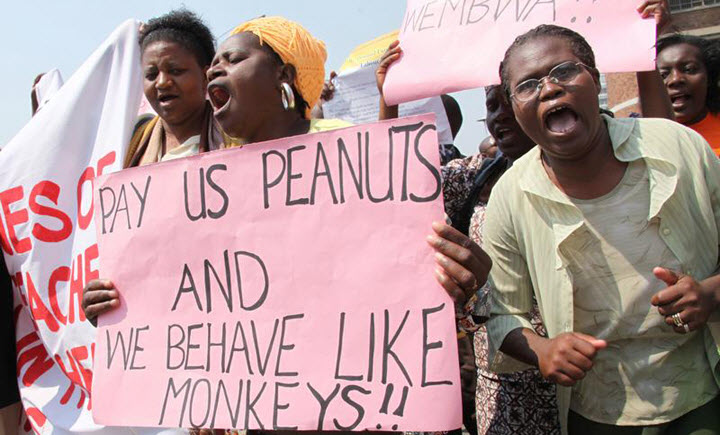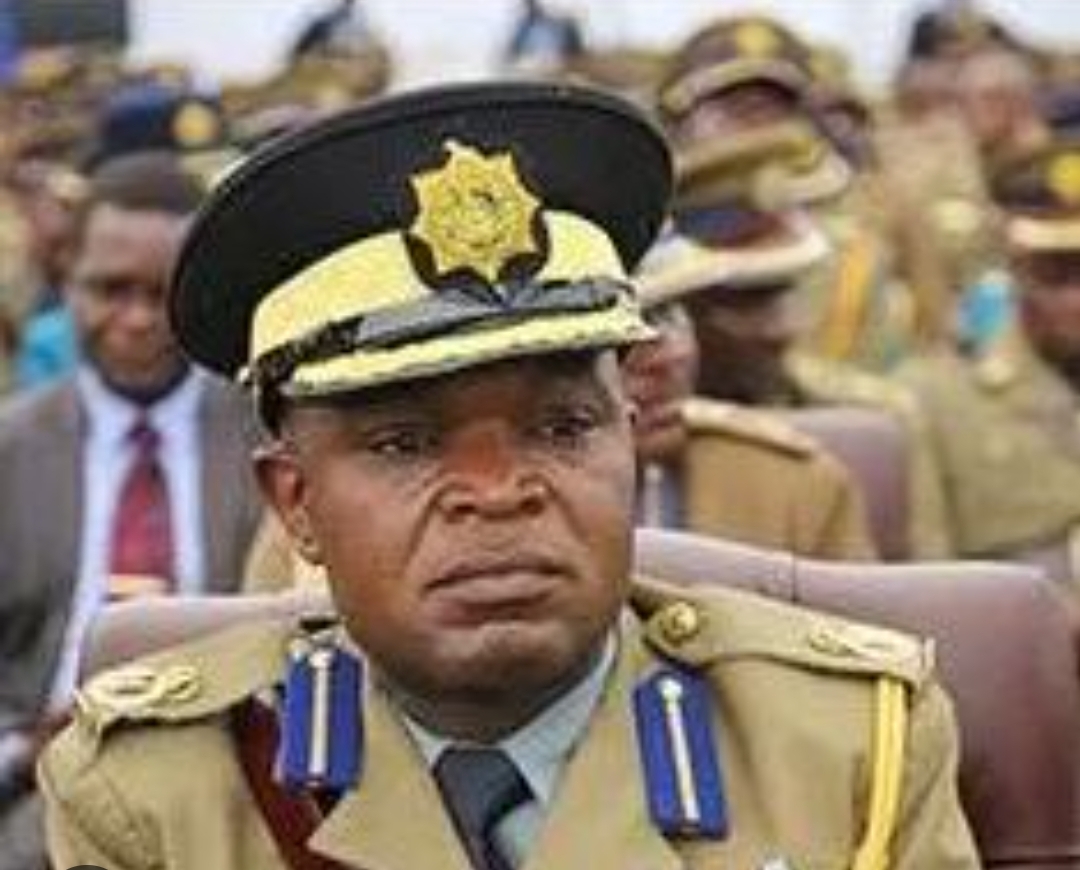News
Zimbabwe doubles civil service salaries ahead of polls
-

 Slider1 year ago
Slider1 year agoInnscor launches brewery to produce Nyathi beer
-

 News1 year ago
News1 year agoCommission of inquiry findings fail to be tabled as Victoria Falls councillors fight
-

 Tourism and Environment2 years ago
Tourism and Environment2 years agoStrive Masiyiwa’s daughter opens luxury Victoria Falls lodge
-

 News3 years ago
News3 years agoIn perched rural Matabeleland North, renewable energy is vital
-

 News2 years ago
News2 years agoVictoria Falls bartender gored to death by elephant
-

 News2 years ago
News2 years agoVictoria Falls’ pilot dies in helicopter crash
-

 News1 year ago
News1 year agoHwange coal miner fires workers over salary dispute
-

 News1 year ago
News1 year agoVictoria Falls town clerk digs in, says won’t be forced to resign




